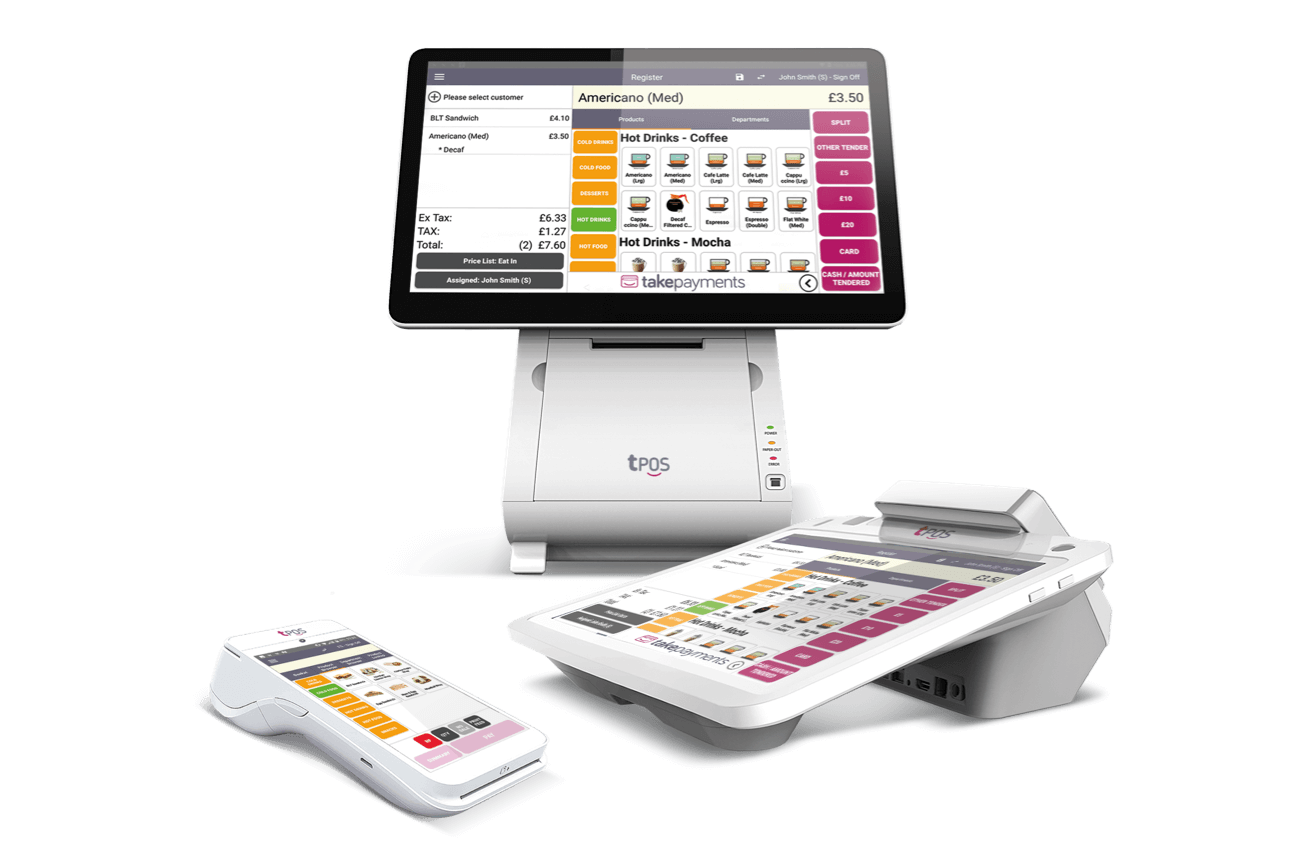
Living Wages and 4-day Weeks: 1,000 Businesses Reveal Their Top People Challenges
The cost of living crisis has significantly impacted not only the price of goods and services but also salaries. Expenses associated with hiring and retaining talented employees have jumped considerably since last summer.
At the same time, employers are increasingly pressured to cater to new flexible working demands, be it remote working options or the increasingly talked-about four-day work week.
To find out which challenges were hitting UK businesses hardest in 2023, we surveyed 1,000 UK business owners, leaders and directors to get their insights — and discuss what leaders can do to combat those difficulties.
What are the people challenges UK business face in 2023?
The National Living Wage was a concern for businesses. Nearly 2 in 5 (38%) feel the government should support businesses more if they increase the minimum wage. The latest ONS report shows that the median weekly pay for full-time employees was £640 in 2022, a 5.0% increase over the £610 in 2021. With further rises expected throughout 2023, businesses are starting to feel the strain.
Next up on the list of concerns was evolving trends in home working. 20% of employers said they struggled to meet flexible working demands like working from home, even though 44% of employees now work remotely at least one day per week.
The 4-day working week has dramatically decreased in popularity among business owners since 2022, despite nearly 4 in 5 workers saying they were in favour of it in a recent YouGov survey. Only 16% of employers felt it would positively impact their businesses in 2023, fewer than half of those surveyed last year (34%).

What has improved in the last 12 months?
|
Statement |
2022 |
2023 |
|
“I struggle to retain good staff.” |
19% |
11% |
|
“I am proactively taking measures to diversify talent in my workplace.” |
16% |
20% |
|
“I have a good work-life balance.” |
13% |
36% |
Despite the challenge of adapting to these new demands, UK companies are doing better at keeping hold of their top talent. The number of business owners who say they’re struggling to retain good staff has almost halved, from nearly a fifth in 2022 to just 1 in 10 (11%) in 2023.
Encouragingly, business owners are focusing more on diversity and equality in their companies. Efforts to diversify talent in the workplace has increased from 16% in 2022 to 20% in 2023. Additionally, a quarter (25%) of businesses said they proactively supported women in the workplace in both 2022 and 2023, and 3 in 10 (29%) said that they actively invested into their staff’s mental health.
Work-life balance has dramatically increased for business owners. In 2022, only 13% of business owners said they had a good work-life balance, but that’s almost tripled to 36% in 2023.
However, this still trails significantly behind employees, of whom 60% said they had a good work-life balance in a recent survey. Additionally, the number of business owners reporting to have at least two rest days per week has actually decreased from a third (35%) in 2022 to only a quarter (26%) in 2023.

What can we learn from the data?
Jodie Wilkinson, Head of Strategic Partnerships at takepayments said: “In an evolving business landscape, characterised by shifting employee expectations and societal changes, it’s crucial for businesses to remain agile and responsive. Adapting to changing workforce dynamics means recognising the evolving preferences of employees, such as flexible working options and a balanced work-life equation.”
“Prioritising staff retention not only ensures continuity in skills and knowledge but also reflects an organisation's commitment to employee well-being and growth. The rising emphasis on diversity and inclusion underscores the need to create environments that harness the varied perspectives of a diverse workforce, driving innovation and enriching company culture.”
“As businesses evaluate new working arrangements, a holistic approach considering productivity, employee satisfaction, and business goals is vital. Moreover, successful planning and supportive measures — coming from both government policies and internal strategies — are essential foundations for addressing these complex challenges and making the most of new possibilities. This ultimately paves the way towards a sustainable and successful business future.”
To see more key findings from the survey, check out our other reports:

Methodology
To collect this data, takepayments surveyed 1,000 UK-based business owners, directors and leaders between 27th July and 1st August 2023. Users were screened prior to their responses and each answer was stratified to ensure maximum accuracy. The survey was built on and distributed by Pollfish, a leading independent consumer insights platform.


